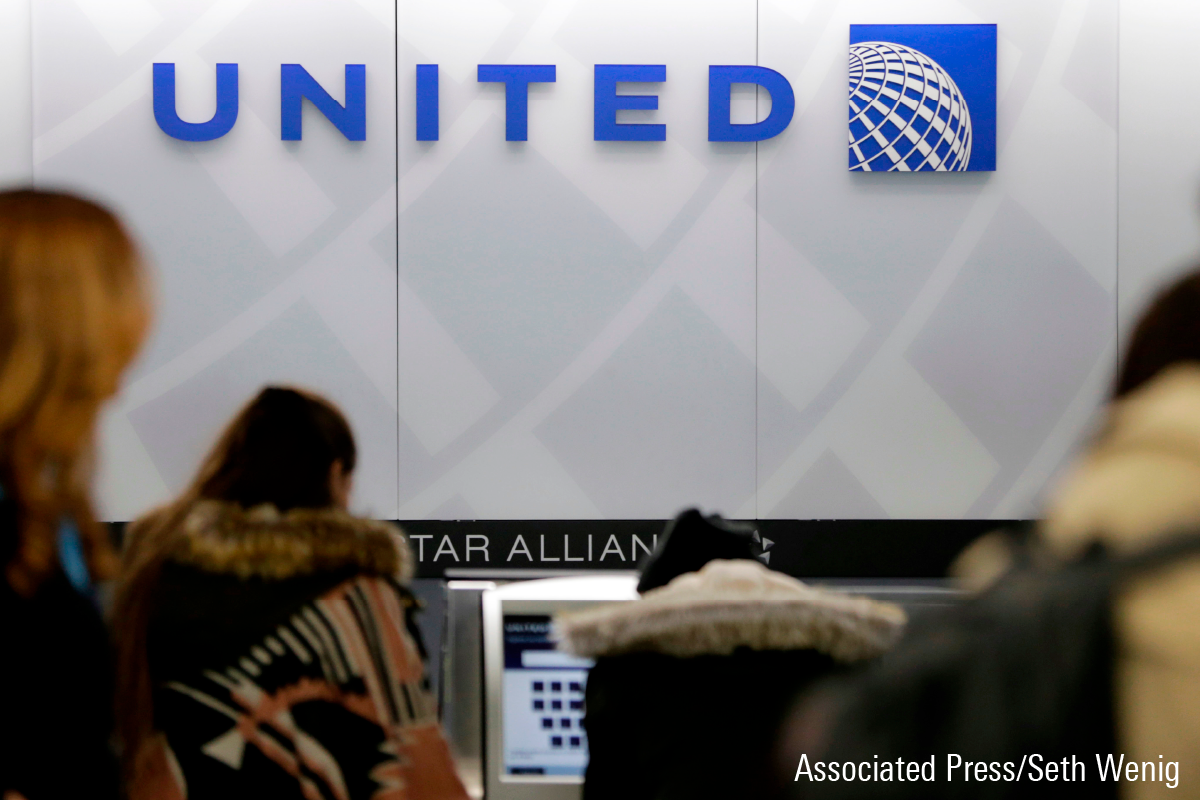United Airlines Earnings: Robust Q2, but Costs Rising on Upgrades and New Labor Agreements
We’re trimming our fair value estimate for the company’s stock to $35.

United Airlines Stock at a Glance
- Fair Value Estimate: $35.00
- Morningstar Rating: 2 stars
- Morningstar Uncertainty Rating: High
- Morningstar Economic Moat Rating: None
United Airlines Earnings Update
United Airlines UAL reported robust second-quarter results on July 19, slightly surpassing our expectations for passenger revenue and all but selling out capacity, but also outstripping our estimate of labor and maintenance costs, especially over the coming quarters. As a result, we’ve reduced our fair value estimate of the company’s stock by $1, to $35 per share.
As this busy and nearly fully booked summer unfolds, the seeds of our longer-term thesis are playing out. As long as industry capacity is constrained by pilot hiring, delayed delivery of planes from Boeing, and capacity cutbacks imposed by a shortage of air traffic controllers at the Federal Aviation Administration—all of which affect U.S. airlines essentially equally—we see the competitive dynamics as stable and revenue yields and booking rates boosted across the board.
Meanwhile, as airlines continue to plot their capacity expansion beyond 2019 levels, spending billions on airport upgrades and new planes, they are also renegotiating their labor agreements with pilots, flight attendants, and other employee groups. This is beginning to add cost as their wage agreements catch up to cost-of-living and other adjustments. Low fuel prices and unusually full planes will pay for these increases in wages and capacity, but once either wavers we expect lower profitability and the return of risky price competition.
We give United full credit for its prudent deployment of capacity, especially in its very lucrative international network, and we forecast healthy profits and eventual deleveraging of the company’s balance sheet over several years.
We’ve decreased our Morningstar Uncertainty Rating to High from Very High because the current operating environment is so favorable, and for the time being, it would warrant less margin of safety for the (albeit overvalued) stock. The change was also informed by a quantitative methodology to help calibrate our fundamentals-based assessments of uncertainty across a broad universe of stocks.
The author or authors do not own shares in any securities mentioned in this article. Find out about Morningstar’s editorial policies.

/s3.amazonaws.com/arc-authors/morningstar/4c0ebe77-db24-4647-aac9-f4c13027ec2f.jpg)
/cloudfront-us-east-1.images.arcpublishing.com/morningstar/5GAX4GUZGFDARNXQRA7HR2YET4.jpg)
/cloudfront-us-east-1.images.arcpublishing.com/morningstar/U746MWXQHFFZPLSMTEJSUD7HLY.png)
/cloudfront-us-east-1.images.arcpublishing.com/morningstar/KPHQX3TJC5FC7OEC653JZXLIVY.jpg)
:quality(80)/s3.amazonaws.com/arc-authors/morningstar/4c0ebe77-db24-4647-aac9-f4c13027ec2f.jpg)